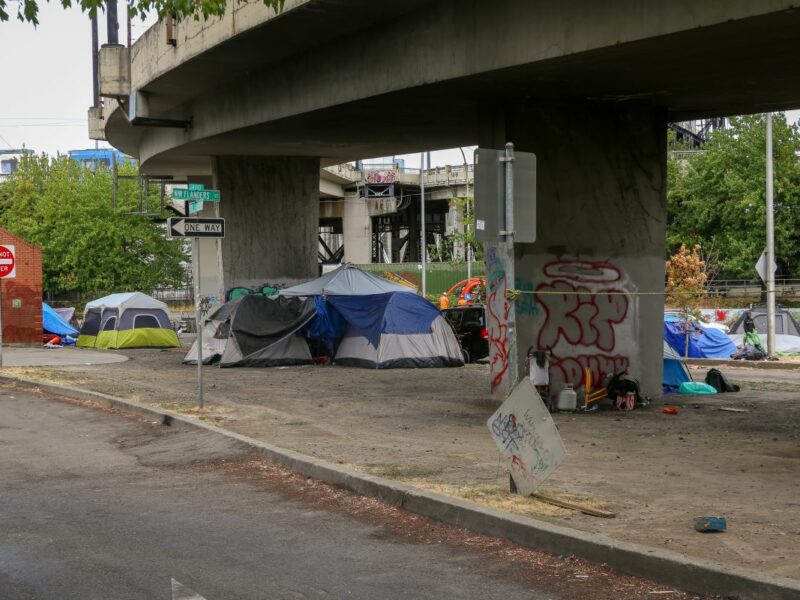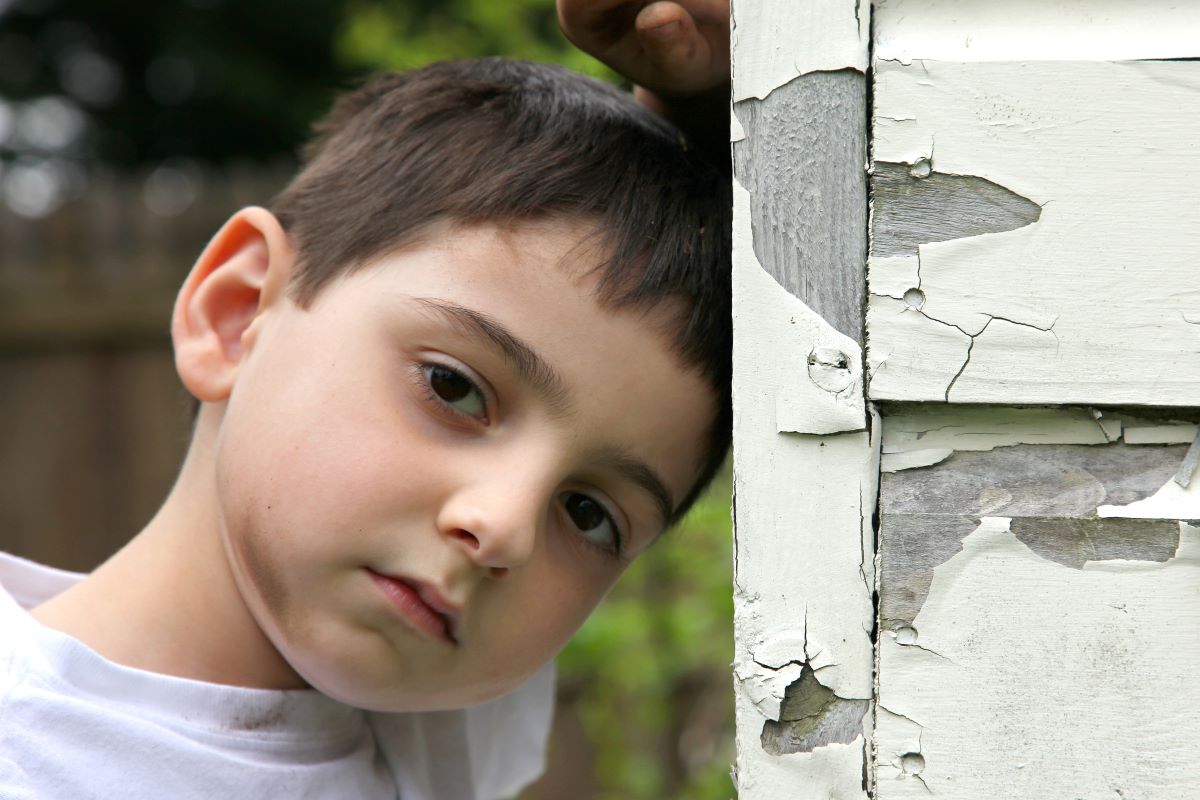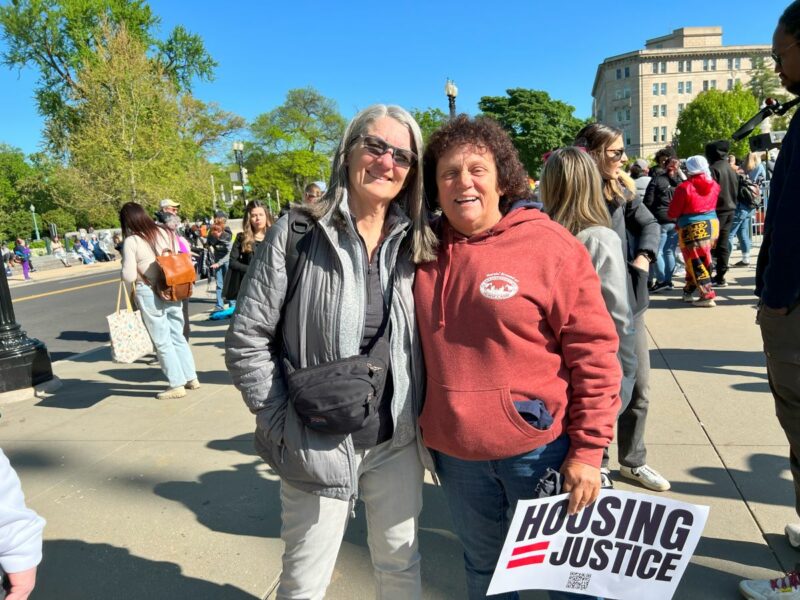If you’re like most Americans, you’ve noticed the national increase in homelessness. You might even be keenly aware of how vulnerable you and the people you love are to falling into it.
To give you a good idea of just how close that houselessness is to your front door, 59% of Americans (i.e., the vast majority) are just one paycheck away from losing their homes.
Experts agree that houselessness, as we experience it today, is not a byproduct of personal decisions but the unfortunate result of social and structural failures. Now, in the wake of a pending recession, with skyrocketing rates of inflation crippling the economy and banks collapsing under pressure, nobody is safe from losing their home.
Even so, city leaders claim that reducing homelessness is not their top priority. According to people in power, the issue is just too big, and voters are just too swayed by the negative stereotypes of homeless people increasingly being perpetuated on the news and through search engines.
According to The National Homelessness Law Center, poverty is the third-leading cause of homelessness. It follows a lack of affordable housing and unemployment, two social issues intrinsically linked to poverty.
Over the years, there has been a vested effort to end that poverty. But that effort is often overshadowed by a dark and sinister force, a force you might have even voted for.
To be blunt, your poverty is incentivized under current legislation.
Your Poverty Is a Very Profitable Business
Countless industries and institutions have amassed fortunes by pedaling on the backs of people experiencing poverty. In the banking industry, for instance, people who are too poor to maintain a minimum balance in their accounts are charged exorbitant overdraft fees that tally up to an astonishing $11 billion.
By the same calculations, people too poor to maintain a bank account amass billions of dollars for the check cashing industry. And according to NPR, pawnshops and payday lenders are raking in approximately $33 billion per year, exploiting people so desperate from poverty that they’re down to their last dimes.
It’s never been more profitable to be poor – For you to be poor, that is, and for others to get rich because of it.
Charging Too Much Money for Rent Makes Corporate Landlords Unfathomably Wealthy
Critics of rent control have argued that capping rental rates would do more harm than good. The claim is that corporate real estate investors would lack the incentive to build more affordable homes under such restrictions.
The problem with this argument is that corporate landlords already lack the incentive to build affordable homes. That is why we are short 7 million of them. It is in a real estate investor’s best interest to make housing in poor neighborhoods as unaffordable as possible.
Did you know that landlords with investments in poor neighborhoods make double the profit of landlords with properties in wealthy areas?
There is a marginal pricing difference between poor and wealthy neighborhood rental rates. It is just enough to keep poor people barred from wealthy neighborhoods and top-tier school districts but still too little for them to experience sizable savings for the sacrifice.
Due mainly to the exploitation of poverty, 49% of all American renters are experiencing a rent burden. This is the highest rate of rent burden in the history of 20 years of rental data collection.
According to analytics published by Harvard University in 2021, 20.3 million rental households were severely rent-burdened, meaning more than half of their income was allocated toward housing.
And that’s not all. National median rental rates increased by a jaw of dropping 17.6% since 2021, breaking yet another shameful record and undoubtedly creating even more rent burden.
Inflation Has Further Incentivized Your Poverty
You may have noticed that inflation has driven the cost of everything up, from gas to clothing to groceries. If you have been trying to brave the storm, patiently waiting, hoping, and praying that the economy would bounce back and the prices would eventually come down, Time Magazine has bad news for you.
Former US Labor Secretary Robert Reich states that “food corporations are using inflation as cover to jack up prices.”
It might sound counterintuitive, but inflation reports are so widespread that customers are willingly forking over extra cash for groceries without questioning the motives, assuming the astronomical price increases are necessary. Earning charts, however, tell a very different story.
Popularly store-bought brands are making a killing in this economy. Here’s a look at their year-over-year returns:
- Conagra, the producer of Chef Boyardee, Marie Calendar, Slim Jim, and other prepackaged foods marketed to low-income demographics, saw a 60% year-over-year profit increase.
- Kraft-Heinz reports a 448% increase from last year.
- Tyson Foods doubled its profits.
- Cal-Maine Foods, the leading producer of eggs in North America, saw huge spikes in profit, amounting to a whopping 718% increase.
To make matters worse, as more corporate entities profit from price gauging, which has been made legal by loopholes and acceptable through the spread of misleading information, shareholders pressure more food companies to raise their prices. The Domino effect caused by the cycle is taking food off the table for millions of Americans.
“Companies have admitted that they are raising prices not because of costs, but because they can,” explained Director of Oxfam America’s private sector department Irit Tamir.
Soon Enough, Your Homelessness Will Also be Incentivized. Talk to Your Representatives About Reversing Harmful Legislation.
We speak a lot about drafting favorable legislation, such as laws that make housing a human right rather than a criminal offense. These laws deserve every bit of our support.
Equally important, however, is eliminating the laws allowing big corporations to infringe upon everyday people’s rights, driving them into the poverty and oppression that causes widespread homelessness. These laws should be advocated against with the same amount of vigor. Talk to your local legislators today and make your voice heard.











